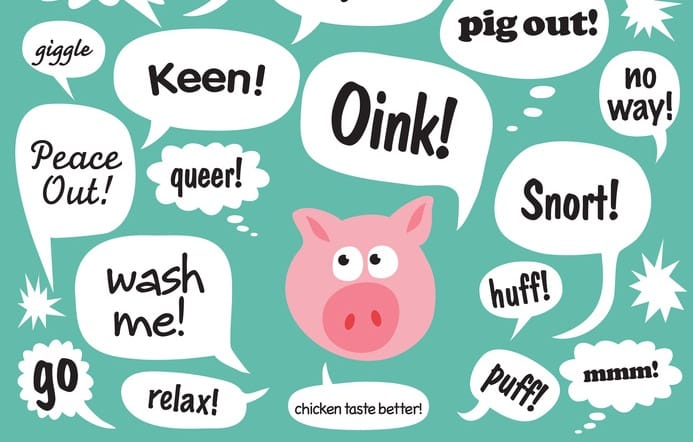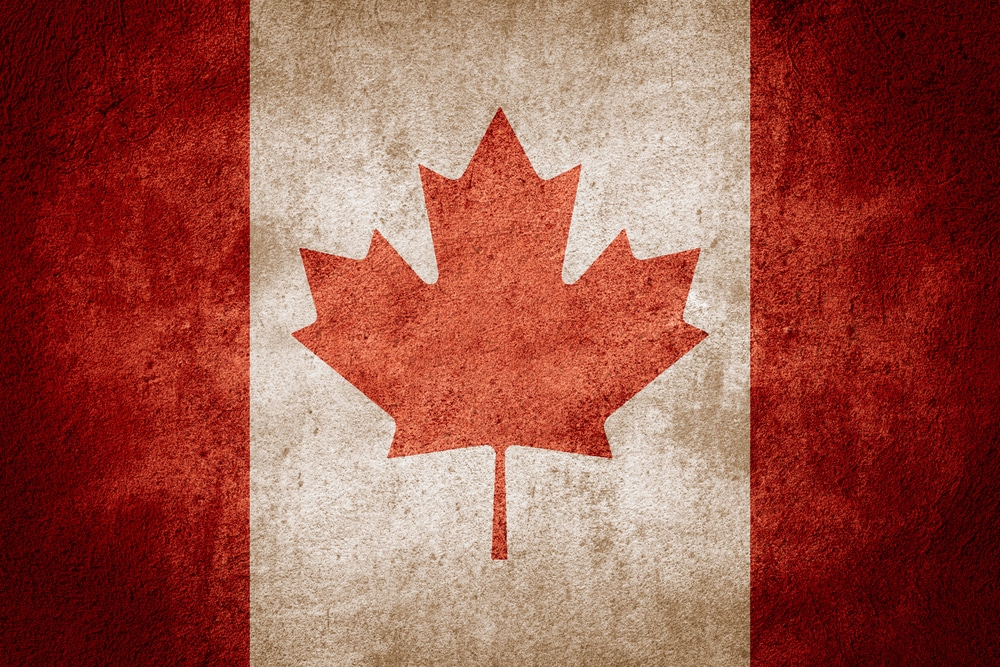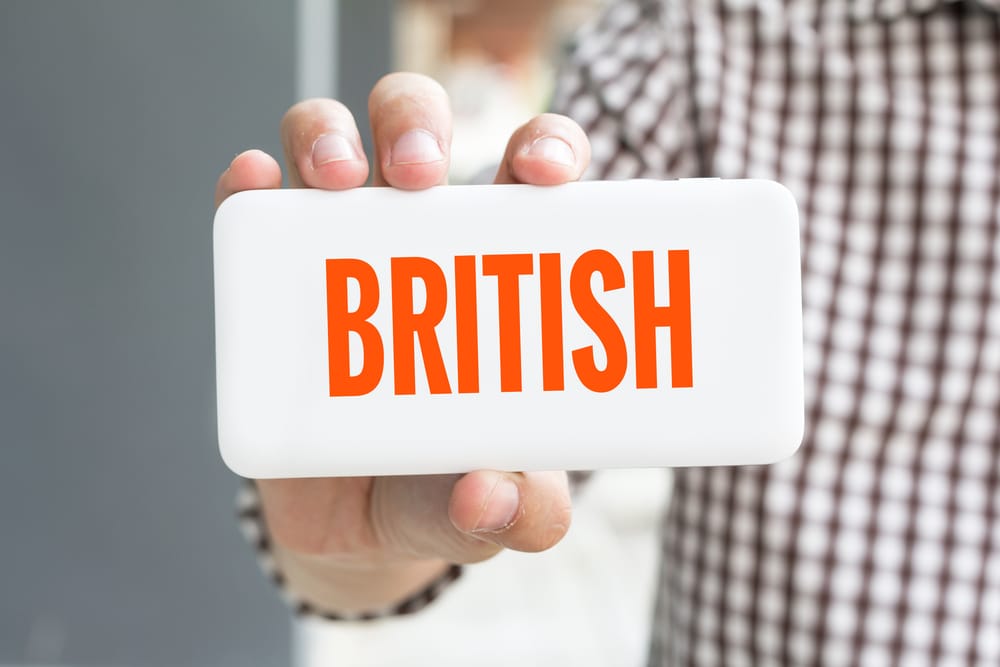1. Cack-handed = kétbalkezes
A task performed in an awkward or uncomfortable fashion, usually clumsily, would be described as “cack-handed.” “Cack” is old-fashioned slang for faeces.
“He handles a screwdriver very cack-handedly.” – Nagyon kétbalkezesen bánik a csavarhúzóval.
2. Cheeky = pimasz, szemtelen, huncut
An act which could be deemed as impolite or shameless, but for some reason comes across as funny or endearing to others, would be described as “cheeky.”
“Joe’s children are absolute rascals — they tied my shoelaces together last week!” “Those cheeky monkeys.” – Joe gyerekei nagy betyárok – múlt héten összekötözték a cipőfűzőimet. Micsoda kis huncutok!
3. Chinese whispers – szájról-szájra terjedő pletyka, mendemonda
“Chinese whispers” are rumours that have been circulated and watered down until they only vaguely resemble the truth.
The phrase originates from the game “Chinese Whispers” commonly played at children’s parties. A phrase is whispered around a circle and the last person to hear the phrase has to guess what the initial phrase was.
“Simon heard from John that you were fired.” “What? No. I just had Friday off work.” “Oh. It must have been Chinese Whispers.” – Simon hallotta John-tól hogy kirúgtak. Micsoda? Csak szabadságon voltam pénteken. Ó, akkor ez csak pletyka volt.
4. Chin-wag = csevegés, traccsolás
A “good old chinwag” is a good chat, catch up, or gossip with someone.
The action of chatting away — with the jaw bobbing up and down — resembles a chin “wagging” like a dog’s tail.
“Those two are having a proper chin-wag — I haven’t been able to get a word in edgeways for half an hour!” – Azok ketten jót traccsolnak, csak úgy folyik belőlük a szó. – Félórája képtelen vagyok beleszólni a beszélgetésbe.
5. Chock-a-block – szorosan összepréselve, mint a szardíniák
Something full to the brim, or crammed, could be described as “chock-a-block.”
This is sometimes shortened to “chocka.”
“We should’ve taken the other route. This road is chocka!” – A másik úton kellett volna mennünk. Ez az út teljesen be van dugulva.
6. Chuffed = felfuvalkodott, büszke
Overjoyed; full of pride.
“I heard you got the promotion. Congratulations! You must be chuffed.” – Hallottam, hogy előléptettek. Gratulálok! Biztosan nagyon büszke vagy magadra!
7. Clanger = baklövés, nyilvánvaló melléfogás
An obvious and indiscreet mistake or blunder.
Unrelatedly, “Clangers” was also a children’s TV show from the 1970s about pink mouse-like creatures that lived on the moon.
“You dropped a clanger there.” – Nagy baklövést követtél el ott.
8. Codswallop = badarság
Something untrue — often made up for dramatic effect.
Although no one is completely sure of the word’s origins, it could derive from the words “cod” and “wallop,” which historically meant “imitation” and “beer” respectively — implying that “codswallop” is the kind of rubbish you make up when drunk.
“Oh, what a load of codswallop!” – Ó, mekkora badarság!
9. Cost a bomb = egy vagyonba kerül
Expensive.
“Your watch is gorgeous.” “I should hope so, it cost a bomb.” – Nagyon klassz az órád! Remélem is, egy vagyonba került!
10. Cream crackered = holtfáradt
“I can’t wait until the weekend; I’m absolutely cream crackered.”
Cockney rhyming slang for “knackered,” if you’re “cream crackered” then you’re incredibly tired.
A “knacker” was the person that slaughtered worn-out horses in the 19th and 20th centuries for their meat, hoofs, and hide. So, if you’re “ready for the knacker’s yard,” you’re exhausted beyond relief.
“This week’s done me in already, and it’s only Tuesday. I’m cream crackered.” – Ez a hét már teljesen lehasznált, pedig még csak kedd van. Holtfáradt vagyok!
11. Curtain twitcher = kukkoló, függöny mögül leselkedő
A nosey neighbour, often caught peering out on their street’s activities from a curtained window, might be referred to as a “curtain twitcher.”
“He’s obsessed with anything that happens on this street. He’s a bloody curtain twitcher.” – Mániákusan érdekli minden, ami ebben az utcában történik. Hülye kukkoló!
12. Dench = klassz
An adjective used to advocate something that is impressive or agreeable, dench is the equivalent of “solid” or “cool” when used in response to someone else.
Its reported creator, British rapper Lethal Bizzle, elusively told the Guardian that the word “means anything you want.”
“I’m going to make us spaghetti carbonara for dinner.” “Dench.” – Spagetti carbonara lesz vacsorára. Klassz!
13. Dim – sötét, buta
Someone that lacks common knowledge might be described as “dim,” whilst someone that’s intelligent might be described as “bright.”
“She’s a bit dim.” – Kicsit sötét a nő.
14. Doddle = pofonegyszerű dolog
An easy task is a “doddle.”
The word could be a variation of “toddle” — like a young child’s first steps.
“This will be a doddle.” – Hát ez pofonegyszerű lesz!
15. Dog’s dinner = teljes kudarc, elrontott dolog
“This looks like a right dog’s dinner.”
A “dog’s dinner” is a mess or fiasco — sometimes also referred to as a “dog’s breakfast.”
“You’ve made a dog’s dinner of that.” – Ezt teljesen tönkrevágtad!
Source: Business Insider
Vocabulary
clumsily | ügyetlenül |
faeces | széklet, kaka |
to be deemed | valamilyennek tartják |
shameless | szégyentelen |
endearing | kedveskedő, megnyerő |
rumour | pletyka, rémhír |
to water down | felhígulni |
to resemble | emlékeztetni valamire |
to whisper | suttogni |
initial | kezdeti |
gossip | pletyka |
jaw | áll |
to bob | fel-le mozogni |
to wag | csóválni |
tail | farok |
full to the brim | csordultig tele |
crammed | zsúfolt, teletömött |
blunder | baklövés |
moon | hold |
to derive from | eredni valahonnan |
incredibly | hihetetlenül |
to slaughter | levágni |
worn-out | kivénhedt |
hoof | pata |
hide | bőr, irha |
exhausted | kimerült, fáradt |
nosey | kíváncsi |
to peer | kukucskálni |
curtained | befüggönyözött |
to advocate | sugallni |
agreeable | kellemes |
to toddle | totyogni |
mess | zűr |








